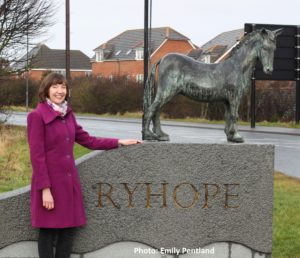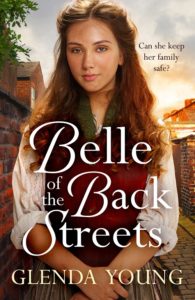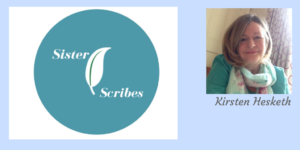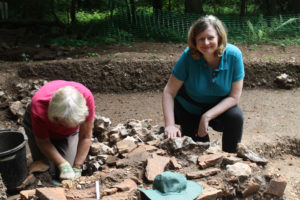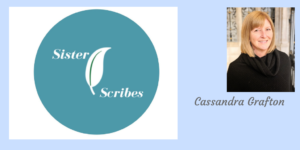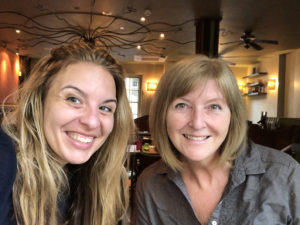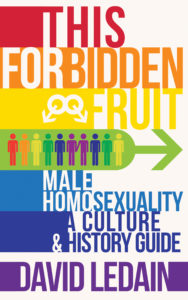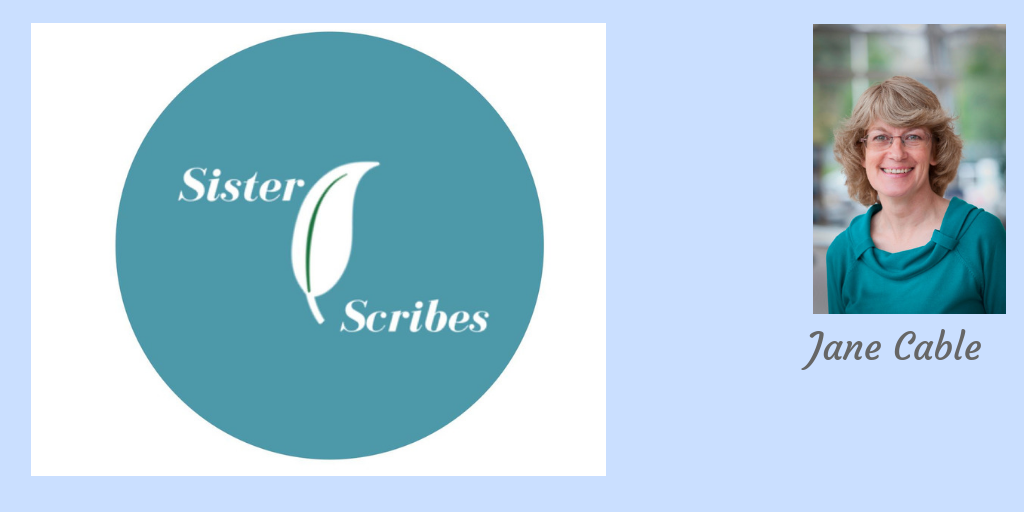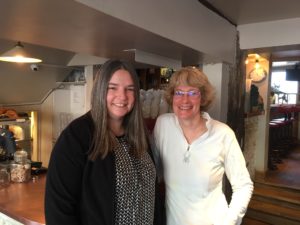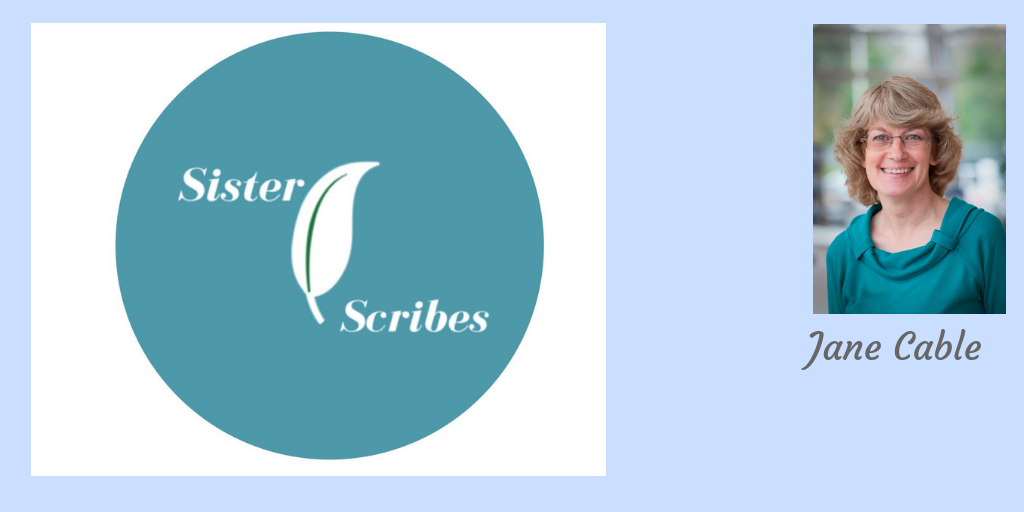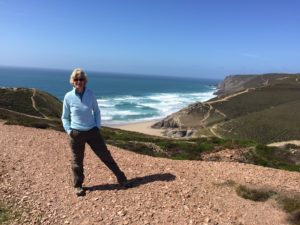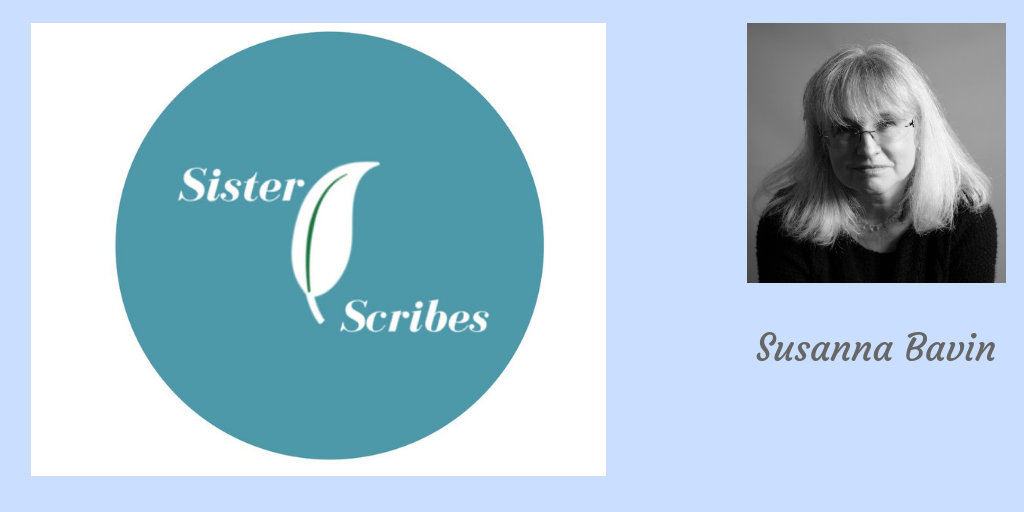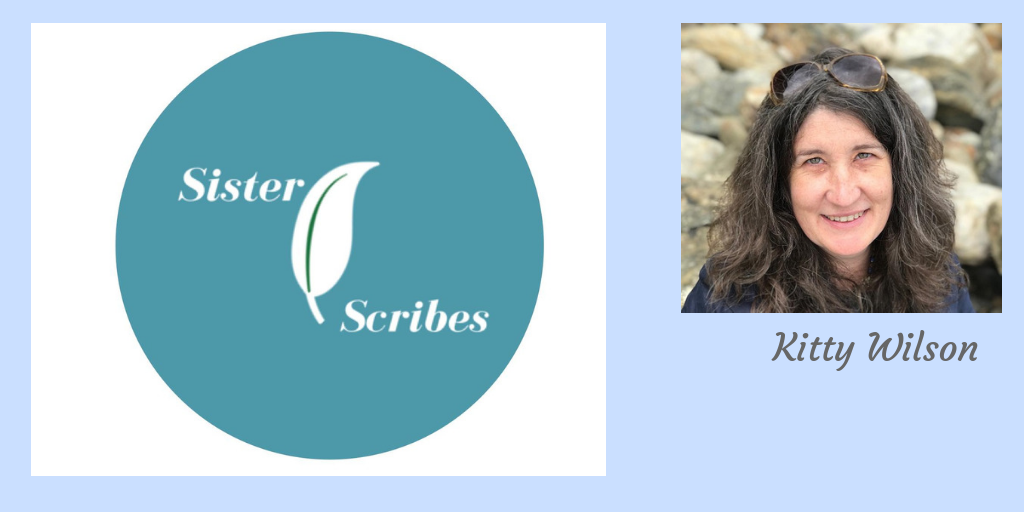My day begins with tea made in the pot and warmed by a tea-cosy. I try to schedule my days in advance into writing and non-writing so that I know, for instance, on a writing day I won’t even look at email or social media or do anything other than crack on with my work in progress. This may make me sound as if I am incredibly disciplined. But in truth, as anyone who works from home will know, the lure of the hour-long coffee break, daytime TV and the call of the biscuit tin are often difficult to ignore. In order to get any writing done at all, I have to be very focussed. Hold on a moment, would you, while I go and pop the kettle on?
On writing days I aim for 2,000 words and no matter if I’m in the thick of it or not, once I reach those 2,000 words, I force myself to stop. This leaves me itching to get started again the next day, rather than being stuck as to how to start. It might sound odd, but it works for me!
And if it’s a non-writing day, then it’s admin – emails, social media, appointments, arranging talks and events. As a debut novelist, giving talks is very new to me. It’s exciting but more than a little scary as I’m really quite shy and have to force myself out into the world to stand in front of people and talk. Fortunately, all talks so far have gone down well, and (I hope!) people are laughing at my anecdotes rather than laughing at me.
Research is also a key and ongoing part of writing a novel and it’s one I enjoy tremendously (although, yes, just like the hour-long coffee breaks mentioned above, I know it can work as displacement activity from the real task in hand of writing!). My novels are set in the northeast village of Ryhope, where I grew up. It prospered as a coalmining village and there is still a very strong sense of community there. My family still live there and I visit Ryhope often. The Ryhope Heritage Society have been extremely generous with their time and resources in helping me research for my work.
On a Wednesday afternoon all writing of my novels and admin come to a halt. Wednesday afternoons are sacrosanct. This is when I write my weekly soap opera Riverside for The People’s Friend magazine. I’m honoured to be writing the first ever soap opera in the history of the longest running women’s magazine in the world. I love Wednesday afternoons and writing Riverside. It’s a fun, sunny break bringing life to a community I’ve created.
And whether it’s a writing day or not, one thing I like to do as long as the weather allows, is take a bike ride outside in fresh air. I’m very lucky to live on the coast and we have cycle paths stretching for miles in each direction. As a writer sitting at a desk all day, getting outside to cycle is a real luxury and one I enjoy a lot. It’s also important for me to get out and talk to people and so I try to arrange meet-ups with other local writers. Mondays are my “day off” when I’ll go shopping in town or treat myself to the afternoon at the cinema – phone off, cup of tea in hand, cocooned in the dark and utterly, totally switched off.
Belle of the Backstreets by Glenda Young is out now in paperback
Headline £6.99 RRP also available in E-book and audio
Glenda Young credits her local library in the village of Ryhope, where she grew up, for giving her a love of books. She still lives close by in Sunderland and often gets her ideas for her stories on long bike rides along the coast. A life-long fan of Coronation Street, she runs two fan websites for which she sometimes interviews the cast of the show. For updates on what Glenda is working on, visit her website glendayoungbooks.com and to find out more find her on Facebook/GlendaYoungAuthor and Twitter @flaming_nora.

